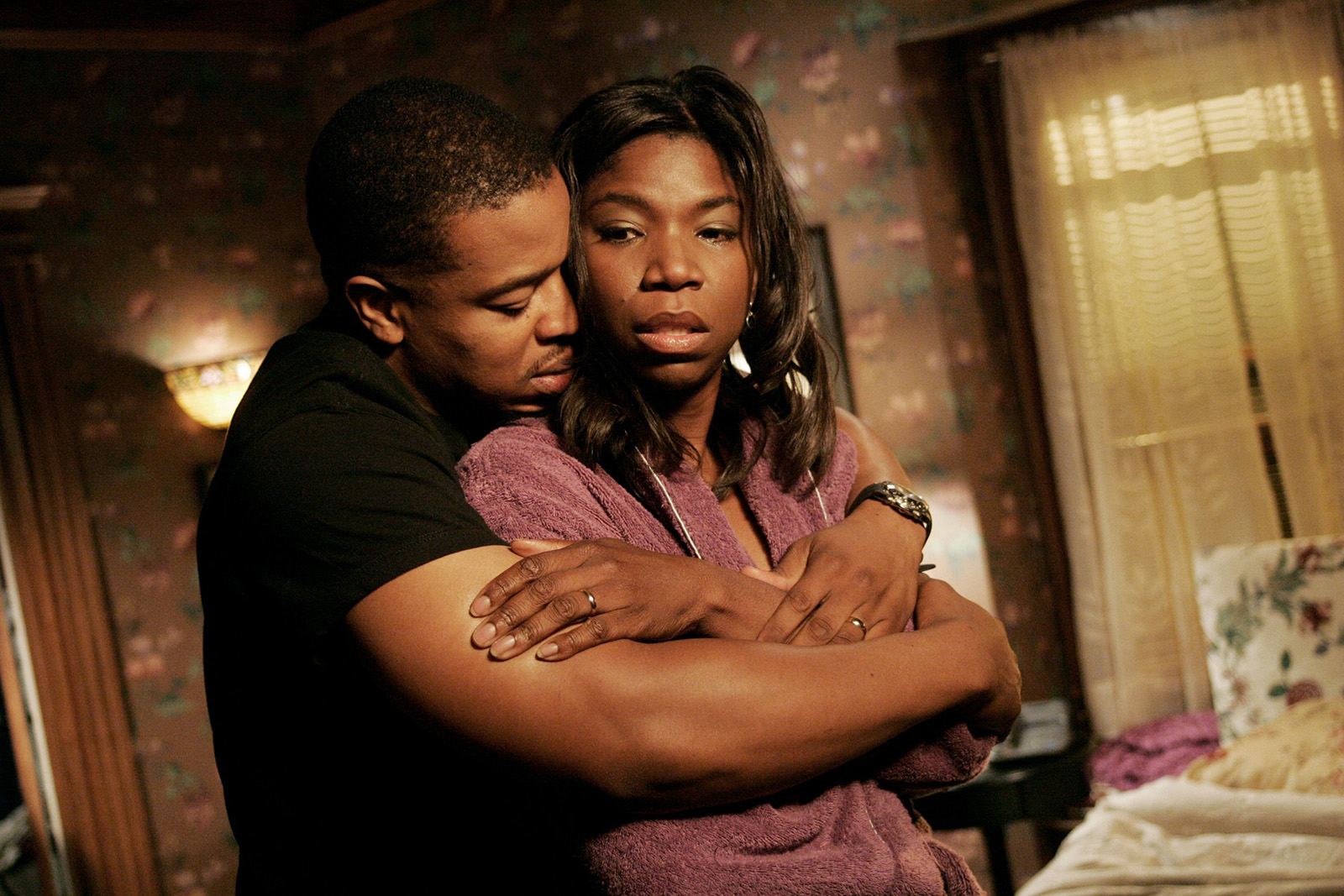1. You Are Afraid to Disagree
If you find yourself afraid to disagree, you are in a relationship dynamic in which you assume your opinions will be criticized, put down or belittled. Controlling behaviors and relationships minimize conflict by not allowing disagreement, creating a false sense of harmony. Be on the lookout for feelings of humiliation or the sense that this person does not respect you or your opinion.
2. You Hesitate Before Asking for Things You Need or Want
Controlling behaviors and relationships benefit one partner at the expense of the other. A controlling friend will make you feel guilty for asking for your own needs to be met, whereas a respectful friend will view your needs and desires as legitimate requests. You may not always get what you want in a healthy relationship, but you will be free to express who you are and what you want.
3. You Feel Angry After Interacting With Your Friend
Many people with controlling behaviors have learned how to subtly manipulate others into doing what they want while making it sound like they are either the victim or are good-hearted. These are the type of people who call you up and ask you what you’re doing Friday night, then once you say nothing, thank you for watching their child, making you feel like the bad friend if you say you don’t want to spend your Friday night watching their kid. If repeated interactions with a person leave you feeling angry and talked into doing things you don’t want to do, you know you’re in a controlling relationship.
4. You Cannot Get Space to Think
People with controlling behaviors won’t give you the time or space apart to think through if you want to be in the relationship or not. They want to make sure you devote your time to them or to activities they deem appropriate. If one relationship dominates your schedule, you might want to consider deliberately taking some time off from that person to evaluate the situation.
5. You Observe Passive Aggressive Controlling Behaviors
Does your friend tease you that you’re cheating on her if you do something with another friend? Does he refuse to answer the phone if you don’t prioritize him? Have you come to expect backlash if you don’t do things exactly how this friend wants things done? Passive aggressive behavior is a common control tactic.
What to do if You are in a Controlling Relationship
If it’s just a friendship, you may want to break it off or invest more time in less-controlling relationships, deliberately leaving less time for unhealthy relationship. If you realize you are in a controlling relationship with a spouse or family member, you may wish to see professional relationship advice from a licensed therapist.







